Where Do Mosquitoes Go in the Winter?
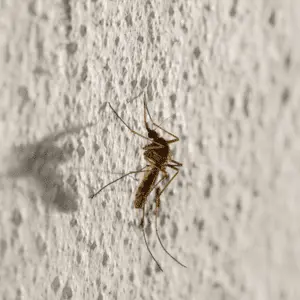
Have you ever wondered where mosquitoes go when it gets cold? One day they are here, and one day they are not. But do they just die off, or are they hibernating, building up their stamina for next summer’s big attack?
Like all insects, mosquitoes are cold-blooded creatures. This means they can’t create their own heat as mammals and birds do. They rely entirely on the sun and outside temperatures to stay warm. The unlucky male mosquito doesn’t have to worry. He only lives up to ten days and then dies after mating. Male mosquitoes never make it past the fall. Sorry guys, but the females have the advantage here. As the temperatures begin to drop, female mosquitoes start to prepare themselves for the winter by storing fat. By the time winter arrives, female mosquitoes are ten times their normal size. Once they’ve accumulated enough fat to get through the winter, the female mosquito mates one last time to produce their much-needed eggs. They then search for a warm, cozy place, sheltered from the wind to spend winter. Common places where female mosquitoes overwinter include:
- Barns
- Culverts
- Hollow logs
- Holes in trees
- Basements
- Attics
- Sheds
- Caves
After hibernation, female mosquitoes enter a sort of hibernation state called diapause. Diapause basically means that the mosquito delays all development, entering into a state of dormancy. When the temperatures begin to rise again in the spring, they wake up and immediately search for their first blood meal. The female mosquito then rests for a few days. When she is ready, she finds a source of standing water. Female Mosquitoes typically spawn every three days during their lifetime.
Overwintering Eggs
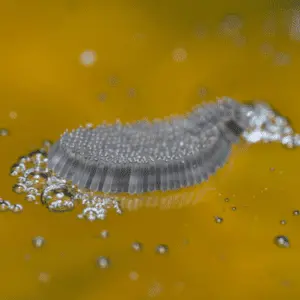
The second way that mosquitoes survive winter is through their eggs. Female mosquitoes lay their nuclei in the fall and die off, leaving their eggs waiting for the perfect time to hatch and terrorize us again. In order for this to work, the female must lay these eggs in a place where they will be plenty of water for them to hatch. Common areas where mosquitoes lay their eggs in the winter include:
- Clogged gutters
- Ditches
- Ponds
- Rain Barrels
- Buckets
For these eggs to hatch, they must go through an extended period of cold temperatures and dry conditions. Then, in the spring, the warm temperatures and more frequent rain activate the eggs. Ten days later, you’ll have your first generation of mosquitoes.
Where Are There Not Mosquitoes?
If you really want to get rid of mosquitoes once and for all, you could move to Antarctica or Iceland. The absence of mosquitoes from these regions is probably because of their unpredictable climate. For example, in Iceland, it will frequently warm-up in mid-winter, causing the ice to break but then it freezes again. By the time it does so, the mosquitoes have emerged from their pupae and die.
Plan Ahead With Mosquito Control Services From Delaware Valley Turf
The best way to prevent mosquitoes from overwintering on your property is by investing in professional mosquito control services. At Delaware Valley Turf, we specialize in mosquito control. Our experts target mosquitoes where they live and breed, treating your home every 30 to 45 days. We also offer one time treatments before you host any outdoor events. Give us a call at (610) 328-4170 or request a quote here. You should also check out our Facebook page for the latest deals, news, and tips.

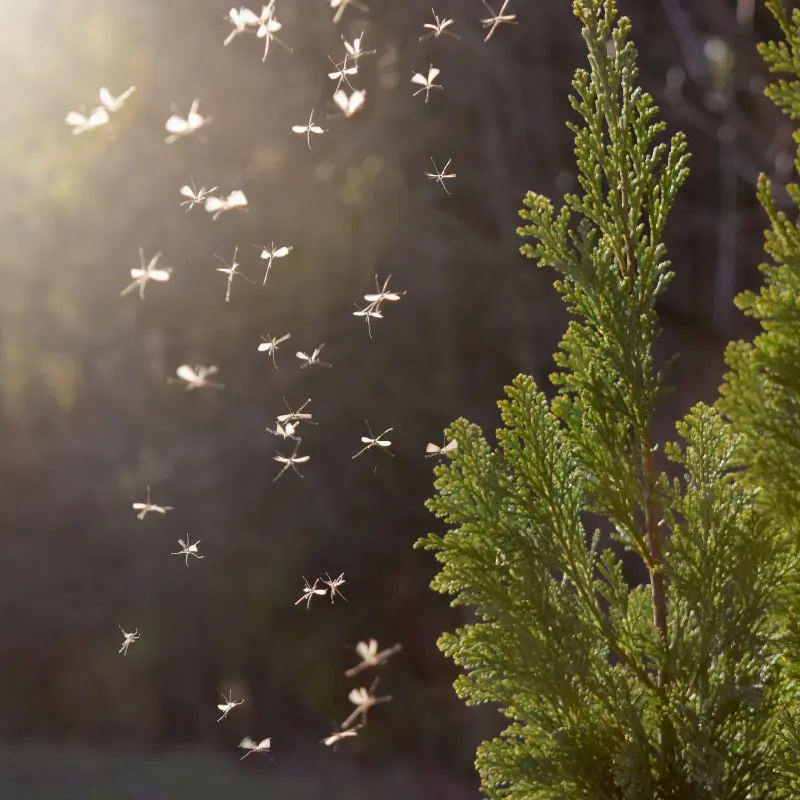

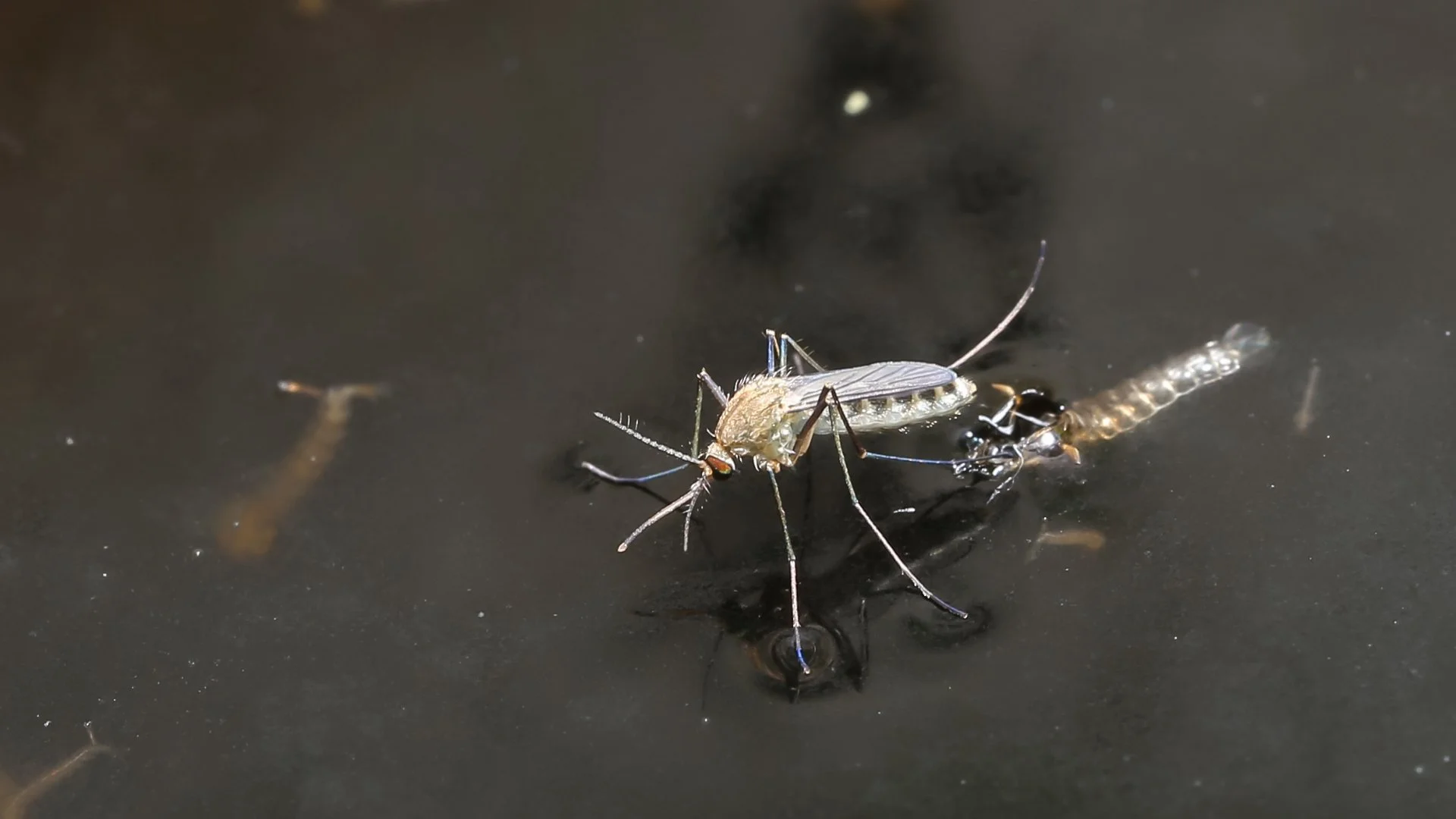
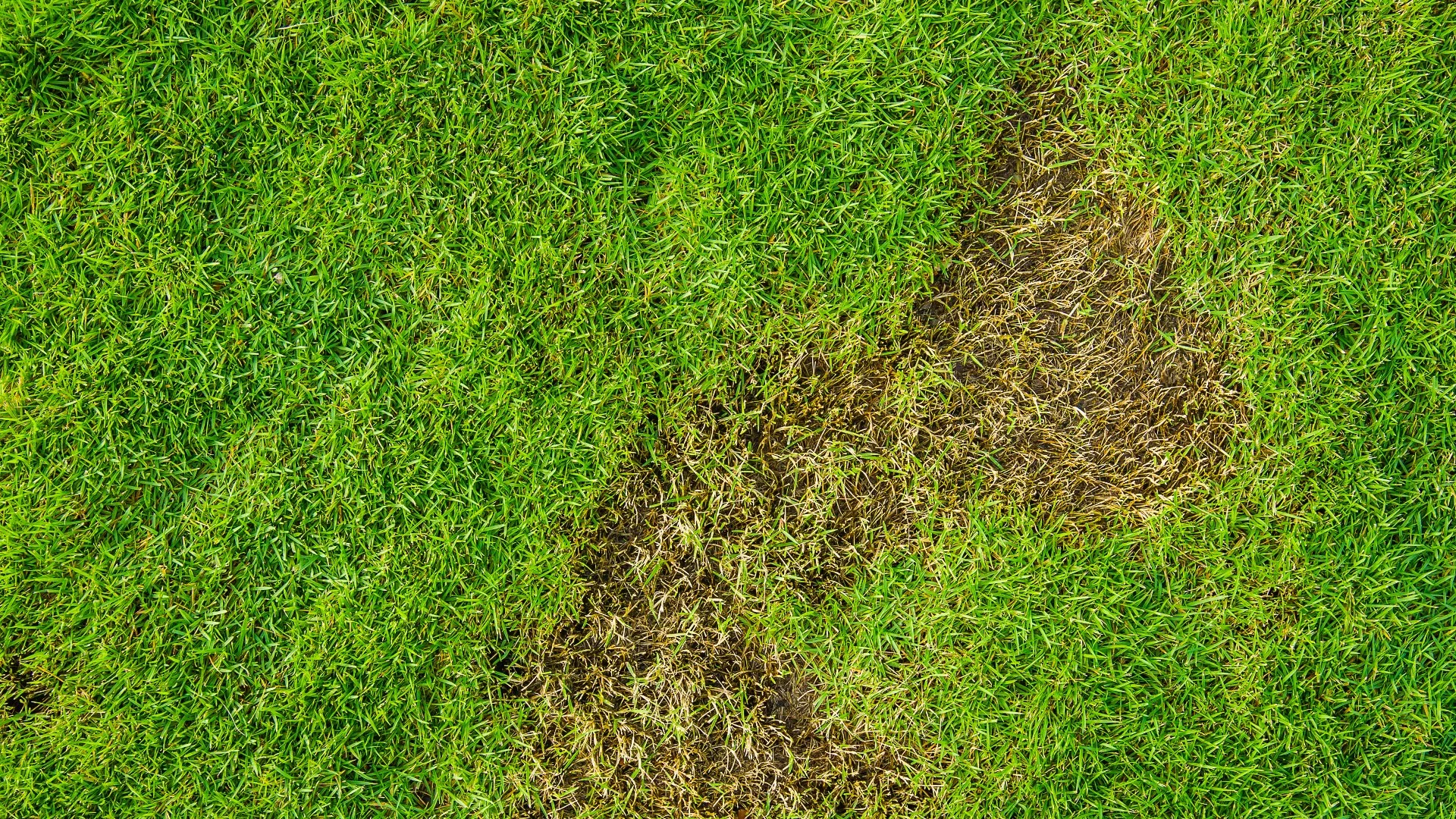

Comments (0)
Thanks for your comment!
Thanks for your feedback! Your comments have been successfully submitted! Please note, all comments require admin approval prior to display.
Error submitting comment!
There is a problem with your comment, please see below and try again.